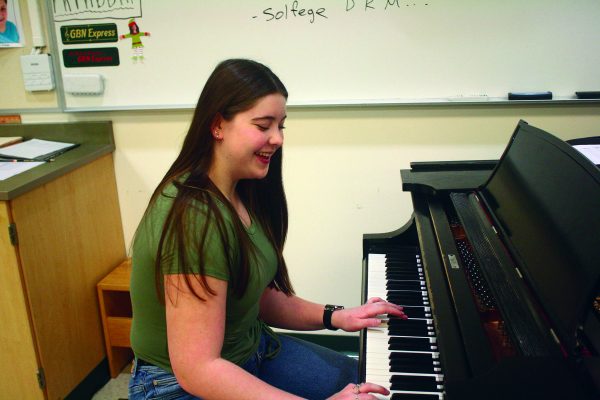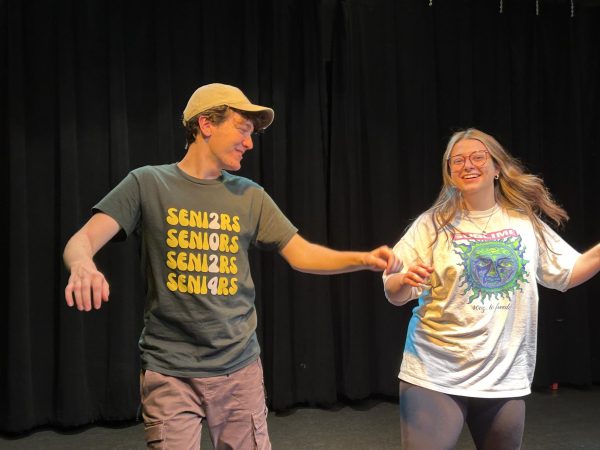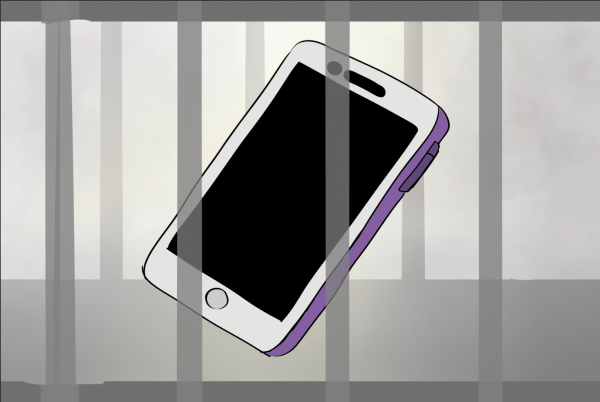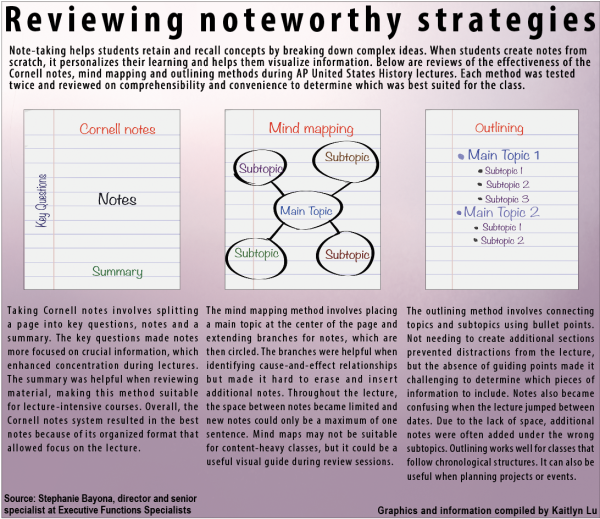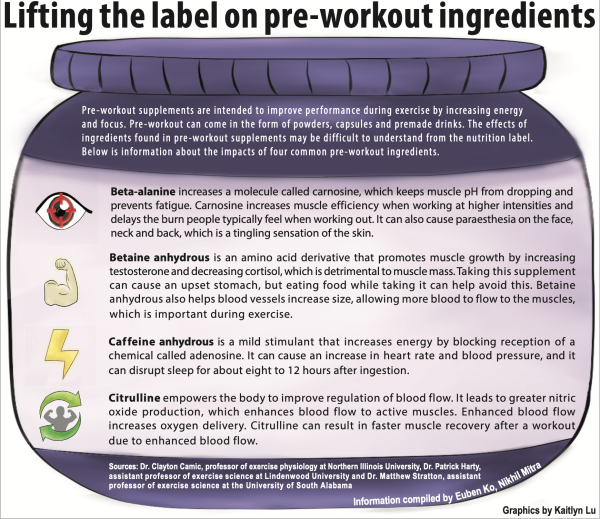Students find voice in Winter Play
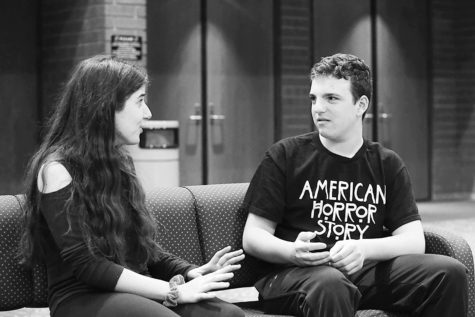
Photo by Richard Chu
Sophomore Max Rollins, who is hard-of-hearing, has grown accustomed to people ignoring his requests to repeat themselves. This December, Rollins expects to share some of the obstacles hard-of-hearing people face as he acts as a lead in the Winter Play “Tribes,” a piece that has allowed him to take more pride in deaf culture.
“[The play] makes me feel more comfortable sharing that I sign and that I am deaf and telling people what the deaf culture is,” Rollins said.
Junior Erin Rosenfeld, who is also hard-of-hearing and acting as a lead in the play, said she is glad the school is highlighting deaf awareness. Because she does not often see deaf characters in mainstream media, the connection Rosenfeld has felt with some of the characters in the play has been powerful.
“Tribes” focuses on the relationship between a boy named Billy, who was born deaf and raised in a hearing family, and a girl named Sylvia, who grew up in a deaf family and is losing her hearing. Rollins and Rosenfeld play Billy and Sylvia respectively.
Theater Director Julie Ann Robinson said she chose “Tribes” because of its powerful messages and contemporary setting. One theme in the play is the frequent disenfranchisement of deaf people by individuals who refuse to accommodate their needs when communicating.
According to Rosenfeld, she, like the character she portrays, struggles to communicate with others. Rosenfeld has trouble when she is in large groups and has to read lips, and Sylvia finds it difficult to interact with deaf people.
“When [Sylvia] first [experiences the deaf community] it’s really exciting, but then she feels really drained at the end because it’s always the same people, and you have to concentrate really hard to understand the signs,” Rosenfeld said.
Corresponding with deaf classmates during a summer program at Gallaudet University, where she took a sign language class and did a theater production in sign language, was difficult, Rosenfeld said. Communicating with both hearing and deaf people can be difficult for her.
“I kind of feel ‘other’ because there’s the hearing world and then there’s the deaf world, and I’m … not in either of them,” said Rosenfeld. “I didn’t grow up doing sign language or anything like that, so it’s kind of a process now [to learn sign language].”
Rosenfeld said although she grew up in a hearing family and was born with hearing loss, she felt very connected to Sylvia’s love of sign language and feelings of frustration as she was losing her hearing.
“A lot of my feelings and emotions are going into the show as we’re rehearsing,” Rosenfeld said.
Rollins said, like Billy, he wants to be involved in the deaf community and has started to do so by acting in plays that are changed to be in sign, participating in charity walks to find a cure for deafness and meeting children in his mother’s school classroom of deaf and hearing students.
His experience in the deaf community, as well as his own hearing loss, has helped him perform accurately in “Tribes,” according to Rollins. When playing a deaf character, instead of making eye contact with the person speaking in the production, the actor must look at the person’s mouth to mimic reading the person’s lips.
According to Robinson, the two leads have been especially valuable because they are able to answer questions other people might not know the answer to. For instance, they have explained whether or not a deaf person would be able to hear and understand a certain line and what a deaf speaking voice would sound like.
The play is scheduled to be performed Dec. 7, 8 and 9 at 7 p.m. in the CPA, according to Robinson. Tickets are expected to cost $8 or be free with an activity pass, are available now to be purchased at www.showtix4u.com and are planned to be sold in the ticket booth during lunch hours and at the door.
“It’s special and cool that we have kids with that life experience to be able to play the roles, and it just makes it more authentic in a lot of ways because what they bring is so different and so important to the process,” Robinson said.


